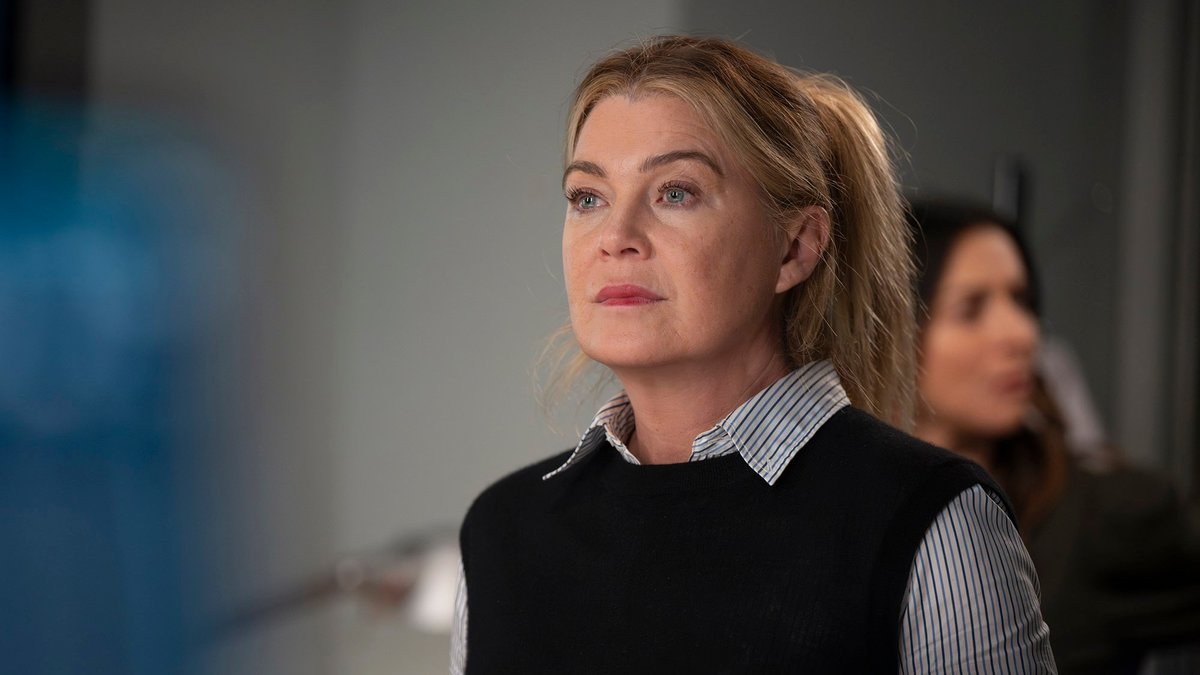Ellen Pompeo Shares Why Her Daughter Gave Up on Grey’s Anatomy

Let’s dissect this drama with a side of sass, shall we? Ellen Pompeo recently spilled the tea on the moment her daughter, Stella Luna, decided to pull the plug on watching “Grey’s Anatomy.” Spoiler alert: it wasn’t a mundane plot twist that did it. No, dear readers, it was the gut-wrenching death of George O’Malley, played by T.R. Knight, that sent Stella packing. You see, when kids hit that glorious age of 10 or 11, they often think they can handle the emotional onslaught that comes with a medical drama whose very essence is to yank at the heartstrings while presenting the realities of life and death. Pompeo, during her guest spot on the “Jennifer Hudson Show,” recounted how Stella, like many of us, was irresistibly drawn to the show’s allure but ultimately recoiled at the intensity.
Imagine, if you will, a young girl asking her mom, “Can I watch that show with you?” only to find herself utterly devastated by the loss of a beloved character. It’s almost Shakespearean, isn’t it? Pompeo noted that, while she did indulge in a few seasons of the show with her daughter, the fateful episode where George met his untimely end was the proverbial straw that broke the camel’s back. In her words, “I just can’t do it anymore.” And really, can we blame her?
The emotional toll of such moments resonates not just with the characters on screen but also with viewers who form attachments over years of storytelling. The poignant death of George O’Malley was not just an exit for a character; it was a seismic shift in the show’s emotional landscape, a moment engraved in the annals of television history. It speaks volumes about the strength of narrative and character development when even the offspring of the show’s star can’t handle the intensity.
Pompeo, who has been at the helm of this groundbreaking series for two decades, is no stranger to the emotional burden of her role. Her candid reflections on the toll of filming such dramatic moments reveal the fragile balance between storytelling and the psychological impact it can have on both actors and viewers alike. So, as the saga of “Grey’s Anatomy” continues, we’re left pondering the delicate interplay between reality and fiction, and how sometimes, even a fictional medical drama can be a little too real for comfort.
And there you have it—yet another emotional rollercoaster in the world of television. Who knew a simple question from a pre-teen could reveal such profound truths about grief, attachment, and the sometimes overwhelming nature of storytelling?
**
Sources: Celebrity Storm and ** HuffPost, People Magazine, Entertainment Weekly
Attribution: Creative Commons Licensed




